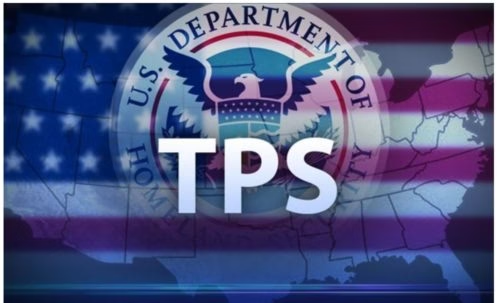Ohio Attorney General Dave Yost, joined by 18 other Republican attorneys general, has called for swift action to reevaluate the federal Temporary Protected Status (TPS) program.
According to the Dayton Daily News, the group sent a letter to Kristi Noem, a candidate for Secretary of Homeland Security, emphasizing the need to review the list of countries currently designated for TPS.
The TPS program provides temporary legal protection to individuals from countries experiencing crises such as armed conflicts or natural disasters.
Critics of the program, including Yost and other Republican representatives, argue that it has been excessively expanded, effectively allowing beneficiaries to remain in the United States indefinitely.
In their correspondence, the attorneys general highlighted the Department of Homeland Security’s responsibility to remove TPS designations when a country no longer meets the program’s criteria.
Although Haiti is not explicitly mentioned in the letter, Dayton Daily News noted that the country has been central to recent debates surrounding TPS.
Over the past five years, more than 10,000 Haitian immigrants have settled in Springfield, Ohio, many of whom rely on TPS due to Haiti’s ongoing instability. The newspaper pointed out some of Haiti’s recent challenges, including the 2021 assassination of its president, widespread gang violence, and the devastating effects of natural disasters that have crippled critical infrastructure.
In light of Haiti’s current crisis, the Biden administration extended its TPS designation until February 3, 2026. However, this decision drew criticism during the 2024 presidential election, with some Republicans spreading misinformation to stoke anti-immigrant sentiment.
As Dayton Daily News reported, Donald Trump and then-Senator JD Vance amplified false claims, including allegations that Haitians in Springfield were consuming pets—claims that were debunked by local authorities and fact-checkers.
The future of Haiti’s TPS designation remains uncertain as Republican leaders continue to push for stricter oversight of the Temporary Protected Status program.
(This text is based on an article published by the Dayton Daily News.)

